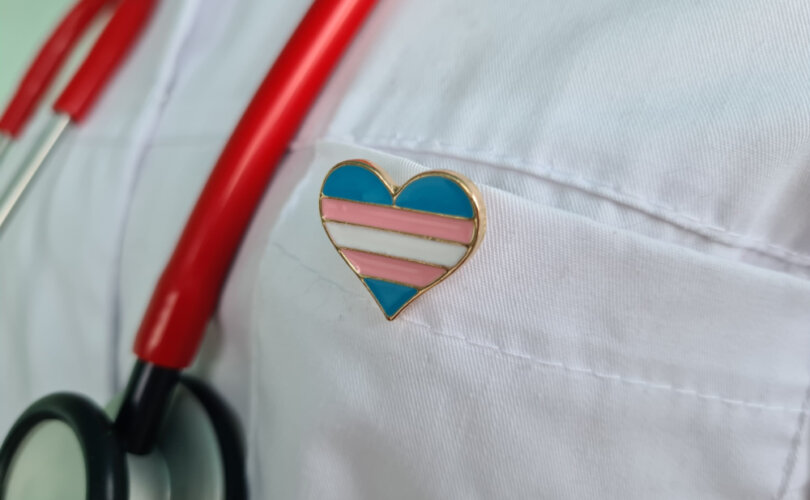Gender Ideology, LGBT+
American Academy of Pediatrics just reaffirmed support for transgender mutilation of children
Across the Western world, America and Canada are outliers. Many countries – the U.K., Finland, Norway, Sweden, and elsewhere – are beginning to question or outright prohibit transgender sex change surgeries, puberty blockers, and cross-sex hormones for minors. But in the U.S., the progressive monolith from the White House on down are unmoving in their insistence that causing irreversible damage to the bodies of minors in the service of “gender affirmation” is a human right, and that all those who question this are putting youth at risk of suicide.
In fact, earlier this summer, doctors from nine countries warned their American counterparts that they are both exaggerating the benefits and minimizing the risks of sex changes. Indeed, we have covered many of the recent studies highlighting the ugly long-term effects of these interventions – “treatments” seems like precisely the wrong word here – in this space. These studies have been almost entirely ignored by the ostriches with their heads planted firmly in the sands of gender ideology.
Medical professionals who have been speaking out against the transgender medical industry have long stated that this activist-driven consensus will likely crack under the combined weight of de-transitioner testimony and malpractice lawsuits, both of which have already begun. Maybe – just maybe – this reconsideration has started. According to Fox News, the American Academy of Pediatrics (AAP) “quietly reaffirmed its 2018 policy supporting gender treatments on minors this week” – but also “called for a systematic review of the medical research supporting these treatments.”
Longtime critics of gender ideology are calling the review a potential “game-changer” – but many wondered why, as clinical epidemiologist Dr. Gordon Guyatt of McMaster University put it – the academy is “very clearly putting the cart before the horse.” If the organization sees a need to review these interventions, perhaps it might be wise to pause prescribing these drugs to kids rather than continue attempting to pause puberty in minors. Guyatt also told the New York Times that the review will likely find that there is little evidence for so-called pediatric gender care. “The policy of the Europeans are much more aligned with the evidence than are the Americans.”
The AAP is insisting that their policy of researching the efficacy of these treatments while simultaneously recommending them is the right course. According to chief executive Mark Del Monte, “The board has confidence that the existing evidence is such that the current policy is appropriate. At the same time, the board recognized that additional detail would be helpful here.” Keep in mind that as this review occurs, more children will be prescribed puberty blockers and cross-sex hormones with long-term results.
READ THE REST OF THIS COLUMN HERE








